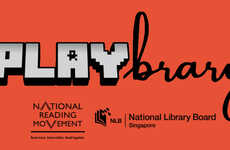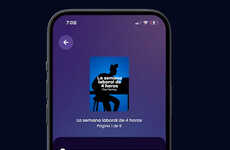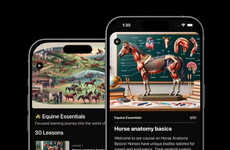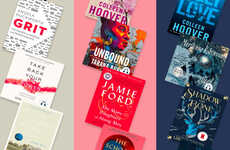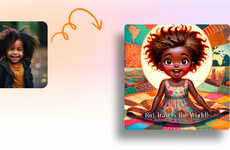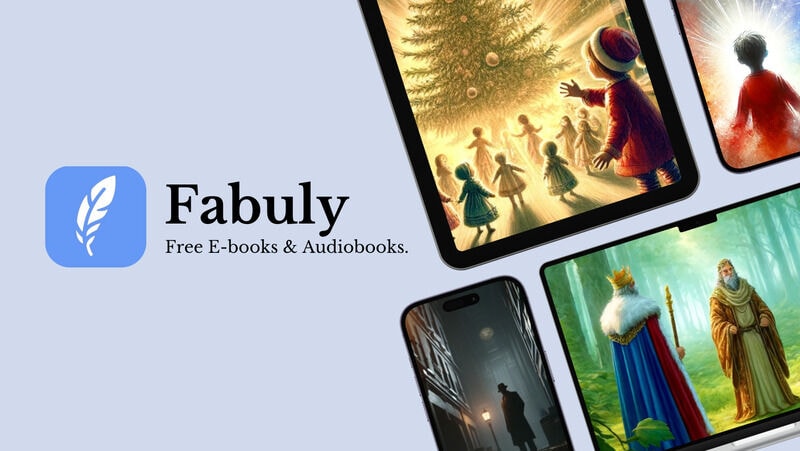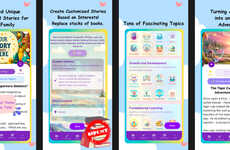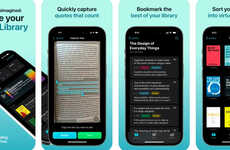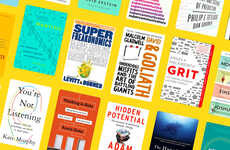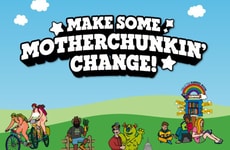
Fabuly Introduces a Compelling Alternative in the Digital Literary Market
Fabuly, a newly launched literary app based in Lille, France, distinguishes itself from mainstream platforms like Audible and Kindle by focusing on timeless classics and short stories. The literary app’s mission is rooted in providing easy access to our cultural heritage through public domain classics. Available for both iOS and Android, Fabuly offers free access to an extensive library that includes iconic works such as Sherlock Holmes by Arthur Conan Doyle, The Call of the Wild by Jack London, and The War of the Worlds by H.G. Wells.
What sets Fabuly apart is its innovative feature that synchronizes text and audio seamlessly, allowing users to switch between reading and listening or engage with both simultaneously. This synchronization enhances the immersive experience and makes it easy for users to absorb the content in a way that suits their preferences and schedules.
Image Credit: Fabuly
What sets Fabuly apart is its innovative feature that synchronizes text and audio seamlessly, allowing users to switch between reading and listening or engage with both simultaneously. This synchronization enhances the immersive experience and makes it easy for users to absorb the content in a way that suits their preferences and schedules.
Image Credit: Fabuly
Trend Themes
1. Text-audio Synchronization - The seamless integration of audio and text within a single app enhances the user experience by providing flexible consumption methods.
2. Cultural Heritage Access - Through offering free access to public domain classics, the app democratizes literary culture and makes timeless stories accessible to a wider audience.
3. Short Story Focus - By emphasizing short stories and timeless classics, the app caters to users seeking quick yet enriching reading or listening experiences in their busy lives.
Industry Implications
1. Digital Publishing - Innovative features such as text-audio synchronization are transforming the digital reading experience and setting new use-case standards for publishing platforms.
2. E-learning - The inclusion of public domain classics in an accessible app format paves the way for more engaging and flexible educational tools.
3. Mobile Apps - The advancement in multi-functional literary applications highlights the growing trend of using mobile technologies for enriched entertainment and informational purposes.
6.1
Score
Popularity
Activity
Freshness


